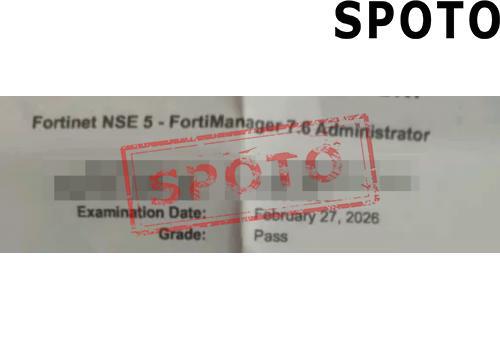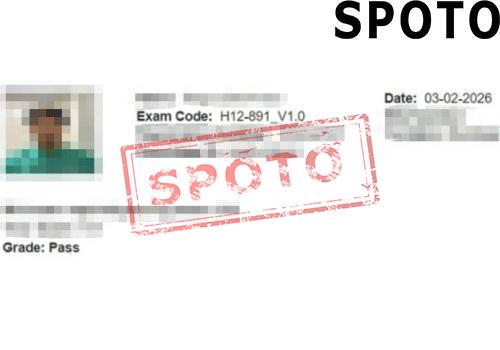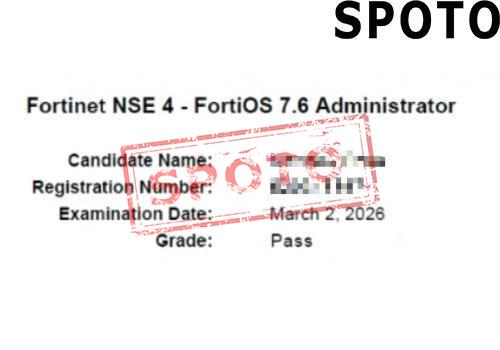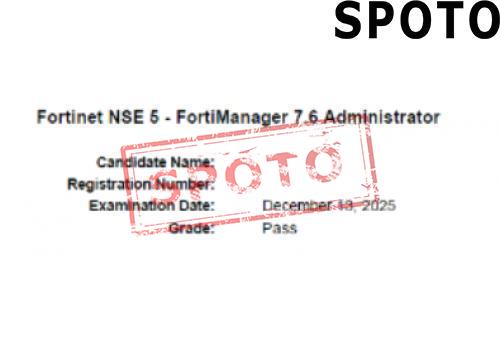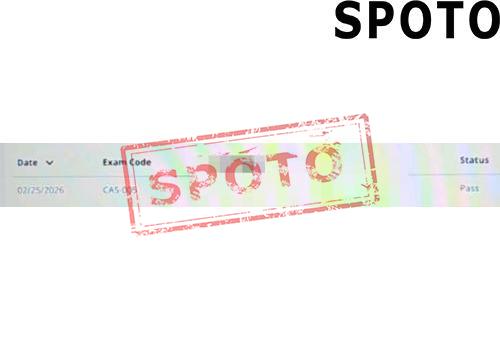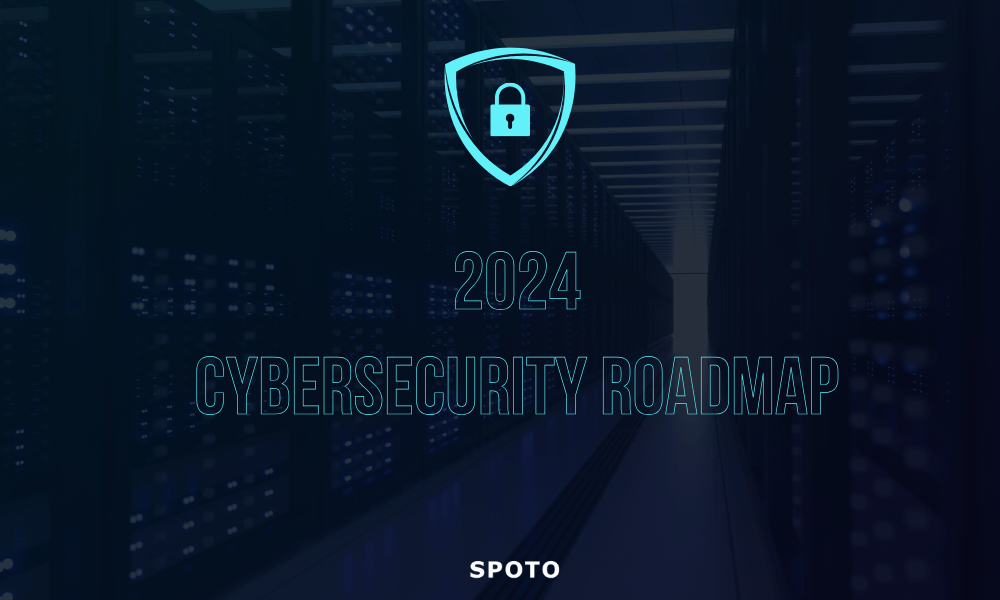
Table of Contents
In today's digital landscape, network attacks are on the rise in terms of frequency and complexity, placing network security at the forefront of global attention. Individuals, businesses, and nations are all grappling with security threats such as data breaches, online fraud, and hacker attacks. Safeguarding digital assets from these perils is not just about upholding information confidentiality, integrity, and availability, but is also crucial for economic stability and national security. As a result, the development of a skilled network security workforce is of paramount importance.
Cybersecurity certifications serve as crucial benchmarks for assessing individual professional skills and knowledge levels, playing a pivotal role in the advancement of cybersecurity careers. These certifications not only enable practitioners to showcase their expertise in specific domains, but also provide employers with a vital yardstick for evaluating candidate qualifications. Attaining certification empowers cybersecurity professionals to bolster their market competitiveness and chart a broader career trajectory.
This blog aims to provide a comprehensive cybersecurity certification roadmap for professionals seeking to enter or already operating within the cybersecurity domain.
Roadmap of Cybersecurity
For individuals looking to enter the cyber security field, having a clear roadmap can be invaluable. The following certifications provide a structured path for developing the necessary skills and knowledge at different levels of expertise:
Entry-Level Certifications:
1. CompTIA Security+: This foundational certification covers basic cybersecurity concepts and is an excellent starting point for those new to the field.
2. CompTIA Cybersecurity Analyst (CySA+): Focusing on threat detection and analysis, this certification is ideal for individuals interested in understanding and mitigating security risks.
3. Cisco Certified CyberOps Associate: Covering security concepts and skills needed to monitor, detect, and respond to cybersecurity incidents, this certification is well-suited for aspiring cyber security professionals.
Intermediate-Level Certifications:
1. Certified Information Systems Security Professional (CISSP): Recognized globally, CISSP covers a wide range of cybersecurity topics and is highly regarded in the industry.
2. Certified Ethical Hacker (CEH): This certification focuses on ethical hacking techniques and tools, providing a comprehensive understanding of how attackers operate.
3. Certified Information Security Manager (CISM): Emphasizing the management aspects of cybersecurity, CISM is designed for individuals seeking leadership roles in the field.
Advanced-Level Certifications:
1. Offensive Security Certified Professional (OSCP): Focusing on penetration testing techniques and hands-on labs, OSCP is ideal for professionals looking to specialize in offensive security tactics.
2. Certified Information Systems Auditor (CISA): With a focus on auditing, control, and assurance, this certification is well-suited for individuals interested in governance and risk management.
3. Certified Information Systems Security Professional (CISSP) Concentrations: Specialized certifications within CISSP, such as CISSP-ISSAP (Architecture) and CISSP-ISSEP (Engineering), allow professionals to specialize in specific areas of expertise.
Expert-Level Certifications:
1. Certified Information Systems Security Professional (CISSP) Concentrations: Advanced concentrations like CISSP-ISSMP (Management) and CISSP-CISSP (Security and Risk Management) further demonstrate expertise in specialized domains within cyber security.
2. Offensive Security Certified Expert (OSCE): Demonstrating advanced penetration testing skills, OSCE is a prestigious certification for seasoned professionals in offensive security.
3. Certified Cloud Security Professional (CCSP): Focusing on cloud security architecture, design, operations, and compliance, CCSP is well-suited for professionals working in cloud environments.
How to Choose Suitable Cybersecurity Certification?
When determining the most suitable certification for your needs, it is essential to comprehensively evaluate personal career goals, industry demands and trends, as well as the difficulty and cost of certification. Here are three primary factors to consider when selecting a cybersecurity certification:
Personal Career Goals
Tailoring your certification choice to align with your long-term career plans is paramount. For instance, aspiring cybersecurity analysts may prioritize certifications emphasizing network monitoring, incident response, and risk assessment, while those aiming for security management roles may find certifications focusing on security policy development and team leadership more fitting. Additionally, cultivating expertise in specific technologies or fields, such as cloud security or industrial control system security, through relevant professional certifications can help establish a professional reputation in those domains.
Industry Demand and Trends
Understanding current and future industry needs is crucial for certification selection. Certifications that align with the latest technology trends or security practices are likely to be in high demand. For example, as cloud computing gains prominence, the need for cloud security certifications is increasing. Furthermore, recognizing certifications that hold greater recognition in specific regions or industries can facilitate targeted career pursuits. Gathering industry insights through participation in conferences, perusing professional publications, and engaging with industry experts can provide valuable guidance in this regard.
Certification Difficulty and Cost
The level of difficulty and associated costs are significant considerations. Advanced certifications may necessitate extensive preparation and pose higher difficulty levels, potentially impacting work-study balance. Moreover, expenses related to certification exams, training courses, and continuing education can vary widely. Evaluating the availability of time and financial resources is crucial when selecting a certification. Opting for an entry-level or mid-level certification as a starting point, gradually progressing to higher-level certifications as knowledge and experience grow, can often be a pragmatic and cost-effective approach.
By carefully weighing these factors, a tailored certification path can be developed to meet individual career development needs. Choosing the right certification not only enhances professional skills but also enhances visibility and desirability in the fiercely competitive cybersecurity landscape.
Relationship Between Career and Certification
Professional certification not only validates knowledge and skills but also serves as a pivotal driver of career advancement. Here are two ways in which certification can propel your career and influence your job search and promotions:
Maximizing Certifications for Career Growth
Professional certifications can act as a catalyst for personal career growth. Firstly, certifications can bolster your professional qualifications, enhancing your visibility during job applications. They signify your possession of the requisite knowledge and skills for specific tasks, a critical consideration for employers. Secondly, certification represents a milestone in personal learning and development. The preparation process for certification exams equips you with valuable knowledge and experience, enabling you to tackle challenges and solve problems in real-world scenarios. Moreover, certain certifications may lead to augmented remuneration and increased responsibilities, reflecting a deeper understanding and commitment to your professional domain.
Certification Impact on Job Search
Relevant certifications can significantly enhance your competitiveness during the job search process. Many employers utilize certifications as a screening criterion when hiring for cybersecurity roles. Certifications not only demonstrate your professionalism but also underscore your dedication to ongoing learning and professional development. Furthermore, certifications play a pivotal role in promotions. For professionals aspiring to managerial roles or seeking greater responsibilities within an organization, advanced certifications can serve as evidence of your leadership abilities and strategic vision. Additionally, certifications may facilitate international recognition, opening doors to cross-border job opportunities.
To harness the positive impact of certification on career development, professionals should:
- Continuously Update: Given the rapid evolution of the cybersecurity landscape, ongoing knowledge and skills enhancement is crucial. Engage in continuing education and professional training to maintain the currency of your certification and stay abreast of the latest security trends and technologies.
- Network: Participation in professional organizations and industry events can facilitate valuable connections and provide insights into industry trends and job opportunities.
- Showcase Your Certifications: Highlight your certifications on your resume, LinkedIn profile, and other professional platforms to communicate your professional credentials to potential employers and peers.
In this manner, certification emerges as a potent tool on your career journey, enabling you to pursue personal career objectives and thrive in the cybersecurity domain.
Conclusion
Cybersecurity certification validates professional expertise and supports lifelong learning and career growth. It demonstrates mastery of current technologies, enhances job market competitiveness, and is associated with higher salaries and expanded career opportunities. We encourage readers to select certifications aligned with their career goals and interests, recognizing that certification is a continuous process requiring regular updates and advancements. Choosing the right certification can pave the way for a clear career development path and aid in achieving long-term goals.


